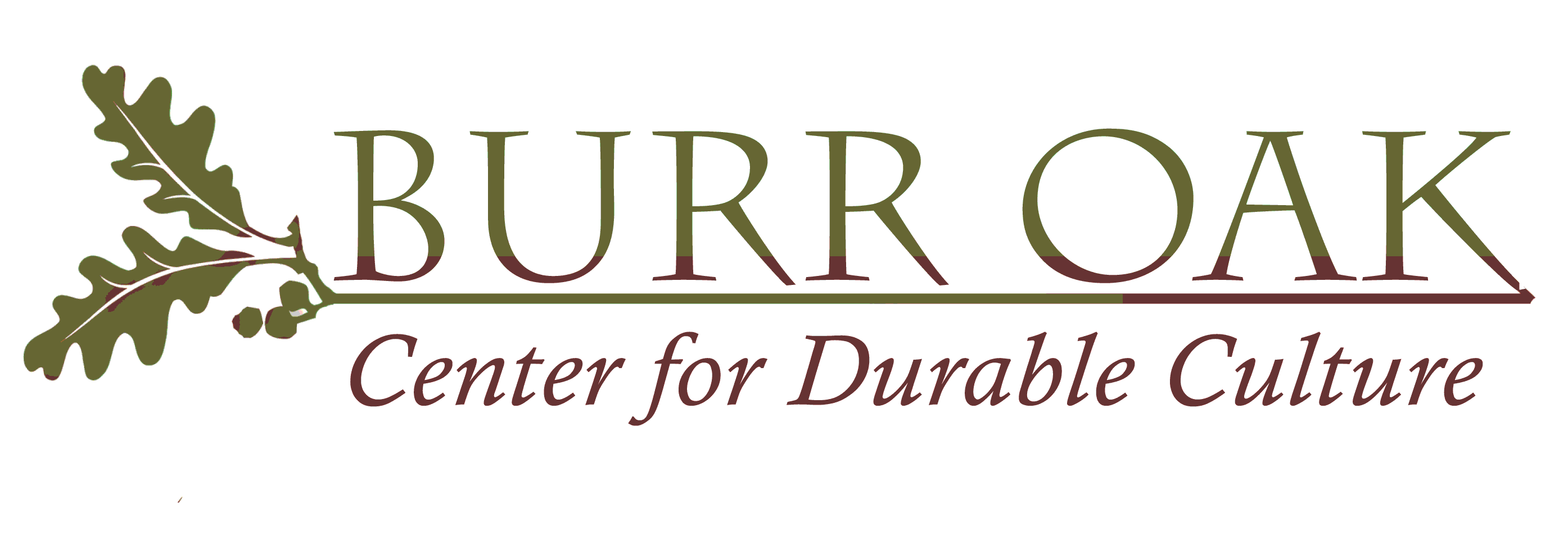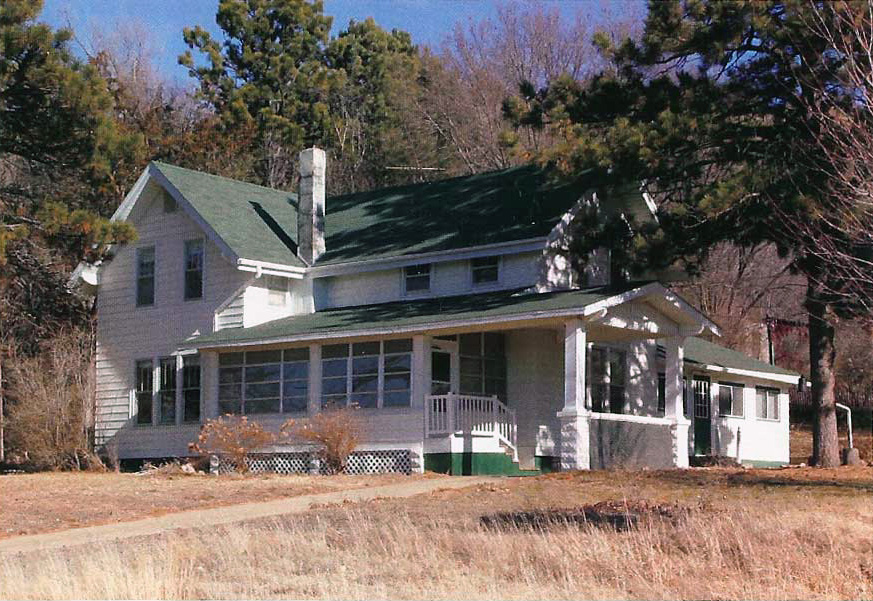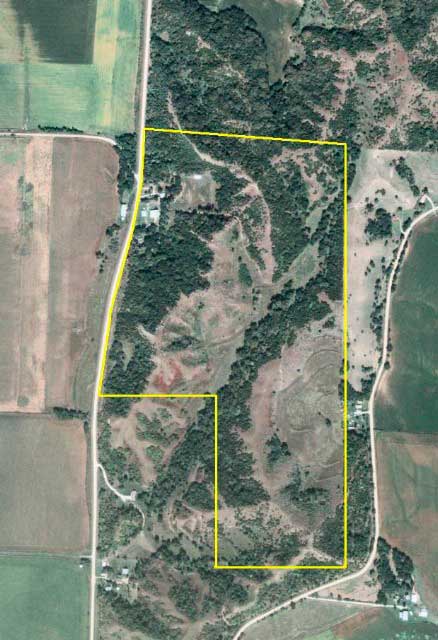 |
Turin/Iowa
listen to an interview with Michael Luick-Thrams,
broadcast on Iowa Public Radio in June 2009
(The following 4 links require a password. Contact Michael Luick-Thrams for more information.)
potential | participation | cooperative | community
Project
TRACES has purchased two homes in Turin/Iowa, and is working to become the long-term steward of a suitable nearby agricultural property. As a model, we look to the 155-year-old Reese-Zahrt family homestead. David Zahrt’s Welsh-immigrant great-grandfather, Richard T. Reese, came to Monona County in 1856 and eventually established the family’s current homestead, which hugs the Missouri River Valley, roughly equidistant between Omaha and Sioux City. David and his Iowa-born wife Lin returned to the farm in 1989 after a career of—among other pursuits—community building in Kenya and later among Australian aborigines. Devoted defenders of the natural order, the Zahrts have worked tirelessly to improve the homestead’s balance between prairie and forest, agricultural pursuits and sustainability. We would like our future agricultural land to resemble theirs: a mixture of hills, woods and arable fields.
 |
|---|
TRACES will convert the two homes we bought in the town of Turin into a campus for a community/training center; we still seek a property nearby where we might emulate David and Lin’s important work: we'd like to call whatever land we eventually secure "Burr Oak Farm". The campus and farm will provide a physical focus for intangible goals, where people meet, ideas crystallize and become tangible… where a more humane, less costly way of life can unfold… where the past informs a shifting present as, together, we craft a better future.
 |
|---|
Leading components of this evolving vision include:
- Establishment of an inclusive, consensus-guided core community that meets its own basic food, shelter and energy needs, and uses that base of material, moreover social and spiritual plenty to enrich the lives of others, too—at the same time as it nurtures the surrounding environment’s innate balance.
- Creation of a sustainable agriculture (influenced by Permaculture ideas and practices) that shares the community’s food abundance by supplying non-residents with locally raised organic vegetables, fruit and meat—be that via farmers markets, producer cooperatives, “subscriber” restaurants or individual households, etc.
- Expansion of current educational and cultural programming: conferences, for-credit coursework as well as informal training (internships, independent-study or civic-group projects, and the like), wildlife watching, sabbaticals, spiritual retreats—and many more life-long, integrated learning opportunities; some day, even an alternative “home-school-style” primary or elementary school.
- Continual refinement of replicable “templates” for the hands-on conversion of existing conventional social, political, economic and ecological structures, be they personal or public realms: the design and use of homes, schools, parks and other spaces.
- Living out of new—actually, in some cases “recycled” old—values, that offer solutions to current societal problems: eroding social bonds, dying communities, failing economic and environmental systems, spiritual disconnectedness, etc.